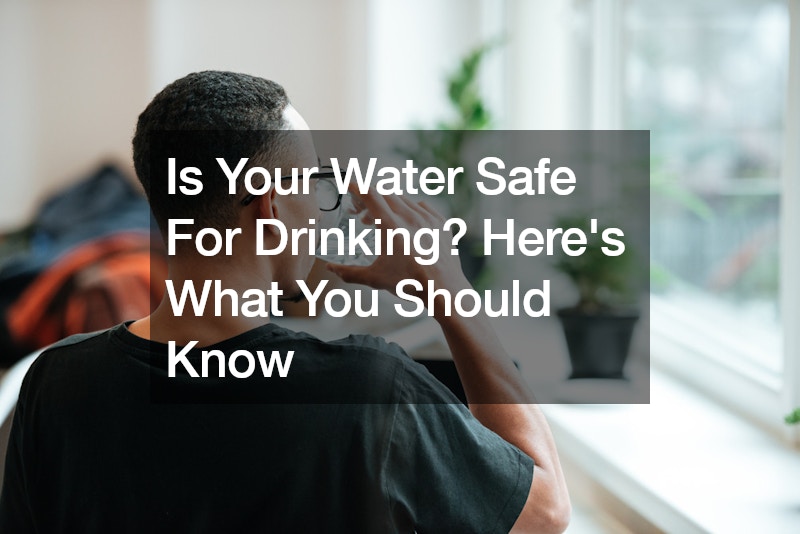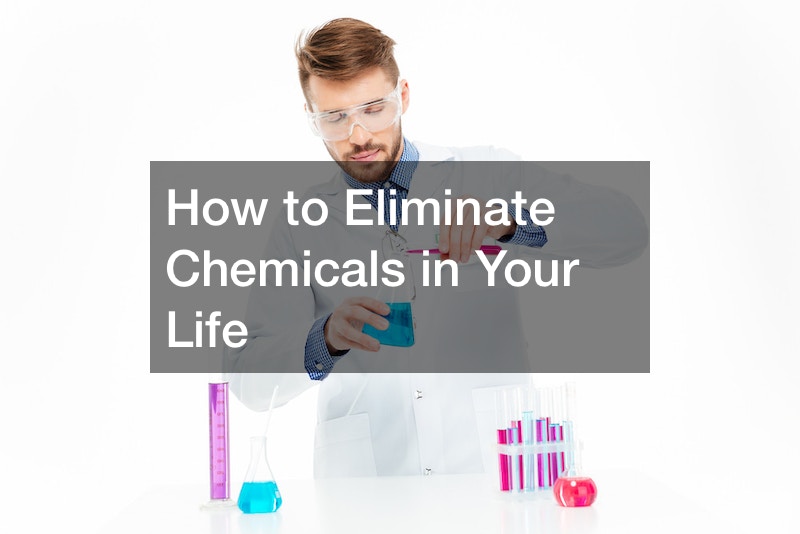
Water is essential for life, but how can you be sure the water you’re drinking is safe? In many parts of the world, the answer is not straightforward. Understanding the risks and the methods of ensuring water safety is crucial for your health.
Contaminated water is a significant global issue. Poor sanitation, inadequate protection of drinking water sources, and improper hygiene can lead to water contaminated with harmful bacteria, viruses, and parasites. This contamination can cause severe health issues, particularly for children under five, where waterborne diseases are a leading cause of death.
To ensure your water is safe, treatment processes usually include three main steps: sedimentation, filtration, and disinfection. Sedimentation allows heavy particles to settle at the bottom of the water container. Filtration removes smaller particles, often through layers of sand or activated carbon. Disinfection involves adding chemicals, like chlorine or ozone, to kill any remaining pathogens. However, while chlorine is effective, it can produce harmful byproducts and cause pipe corrosion, leading to further contamination from metals like lead.
Given these potential issues, many homeowners turn to residential water purification systems. These systems provide an additional layer of safety by filtering out contaminants right at the point of use. Activated carbon filters are popular in these systems for their ability to remove a wide range of pollutants and improve water taste.
It’s also essential to be aware of signs that your water may be contaminated. Cloudiness, unusual colors, foul odors, or an excessive chlorine smell can all indicate potential problems. Water testing kits are available to check for specific contaminants and chemicals, offering peace of mind about the water you consume.
In regions where large-scale water treatment systems are unavailable or where water gets contaminated further along its journey, point-of-use treatments can be lifesaving. Portable and easy to install, these systems have been used for centuries, from ancient Egyptian solar boiling methods to modern activated carbon filters.
In conclusion, ensuring the safety of your drinking water is crucial. Investing in residential water purification systems can provide an extra layer of protection, safeguarding your health against potential contaminants. With nearly 800 million people worldwide lacking access to clean water, advancements in water treatment technologies and vigilant maintenance of existing systems remain vital to meeting this fundamental human need.
.




